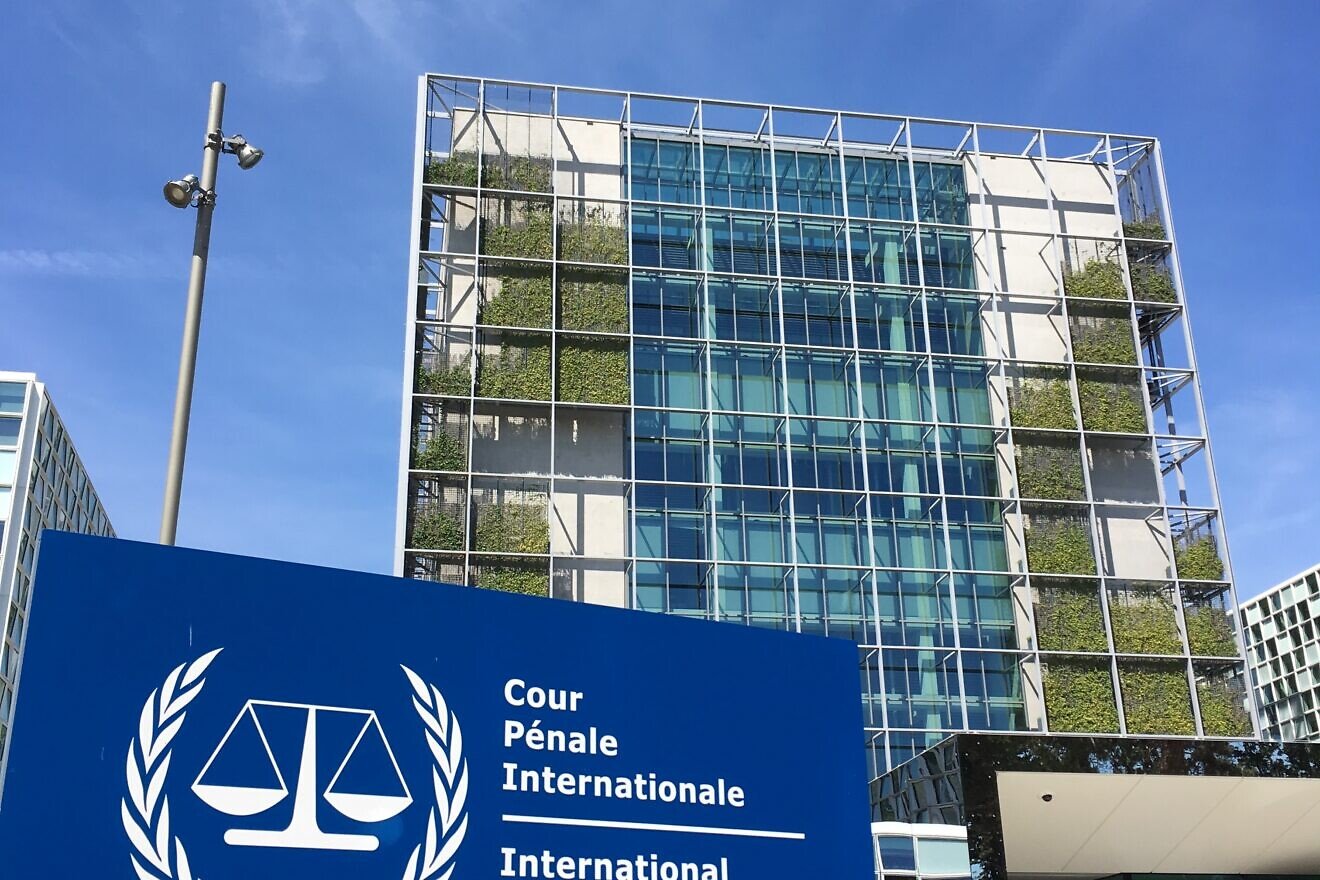 US sanctions four judges at International Criminal Court
US sanctions four judges at International Criminal Court
Andrew Bernard, Mike Wagenheim
“We do not take this step lightly,” the State Department stated. “It reflects the seriousness of the threat we face from the ICC’s politicization and abuse of power.”
 The International Criminal Court in The Hague. Credit: JustFlix via Wikipedia.
The International Criminal Court in The Hague. Credit: JustFlix via Wikipedia.
The U.S. State Department announced on Thursday that it imposed sanctions on four judges at the International Criminal Court in The Hague, marking the first time that the United States has used that punitive tool against justices at the independent tribunal.
The department stated that judges Luz del Carmen Ibáñez Carranza of Peru, Solomy Balungi Bossa of Uganda, Reine Alapini-Gansou of Benin and Beti Hohler of Slovenia would be sanctioned for their role in investigating Israel and the United States.
“As ICC judges, these four individuals have actively engaged in the ICC’s illegitimate and baseless actions targeting America or our close ally, Israel,” Marco Rubio, the U.S. secretary of state, stated. “The ICC is politicized and falsely claims unfettered discretion to investigate, charge and prosecute nationals of the United States and our allies.”
“This dangerous assertion and abuse of power infringes upon the sovereignty and national security of the United States and our allies, including Israel,” Rubio stated. “The United States will take whatever actions we deem necessary to protect our sovereignty, that of Israel and any other U.S. ally from illegitimate actions by the ICC.”
According to the State Department, Bossa and Ibáñez Carranza ruled to authorize the ICC’s investigation into the conduct of U.S. personnel in Afghanistan, while Alapini-Gansou and Hohler ruled to authorize ICC arrest warrants for Israeli Prime Minister Benjamin Netanyahu and Yoav Gallant, then the defense minister.
The ICC told JNS that it “deplores” the sanctions and stands fully behind its personnel.
“These measures are a clear attempt to undermine the independence of an international judicial institution which operates under the mandate from 125 states parties from all corners of the globe,” the court stated. “Targeting those working for accountability does nothing to help civilians trapped in conflict. It only emboldens those who believe they can act with impunity.”
In February, U.S. President Donald Trump signed an executive order imposing sanctions on any ICC official attempting to investigate, arrest, detain or prosecute U.S. citizens or the citizens of any U.S. ally that has not consented to ICC jurisdiction, or signed onto the court’s Rome Statute, including Israel.
The White House named Karim Khan, the court’s prosecutor and a British national, as the first target of those sanctions for his role in investigating Netanyahu, Gallant and Israel’s alleged commission of “war crimes” in Gaza.
Khan took indefinite leave in May amid an investigation into whether he committed sexual misconduct.
The Wall Street Journal reported last month that Khan asked his accuser to drop her charges against him, so he could issue an arrest warrant for Netanyahu. The warrant’s timing raised suspicions that Khan’s decision was calculated to deflect attention from the sex scandal, which came to light internally a few weeks earlier, it said.
The sanctions against Khan had reportedly ground the Israeli investigation to a halt, with his losing access to his U.K. bank accounts and his work email.
Trump had previously imposed sanctions on ICC officials during his first administration, and the Biden administration imposed sanctions in December on a Russian judge for alleged human-rights violations. Thursday’s action marks the first time Washington has sanctioned ICC judges.
“We do not take this step lightly,” stated Tammy Bruce, the State Department spokeswoman. “It reflects the seriousness of the threat we face from the ICC’s politicization and abuse of power.”
Zawartość publikowanych artykułów i materiałów nie reprezentuje poglądów ani opinii Reunion’68,
ani też webmastera Blogu Reunion’68, chyba ze jest to wyraźnie zaznaczone.
Twoje uwagi, linki, własne artykuły lub wiadomości prześlij na adres:
webmaster@reunion68.com
